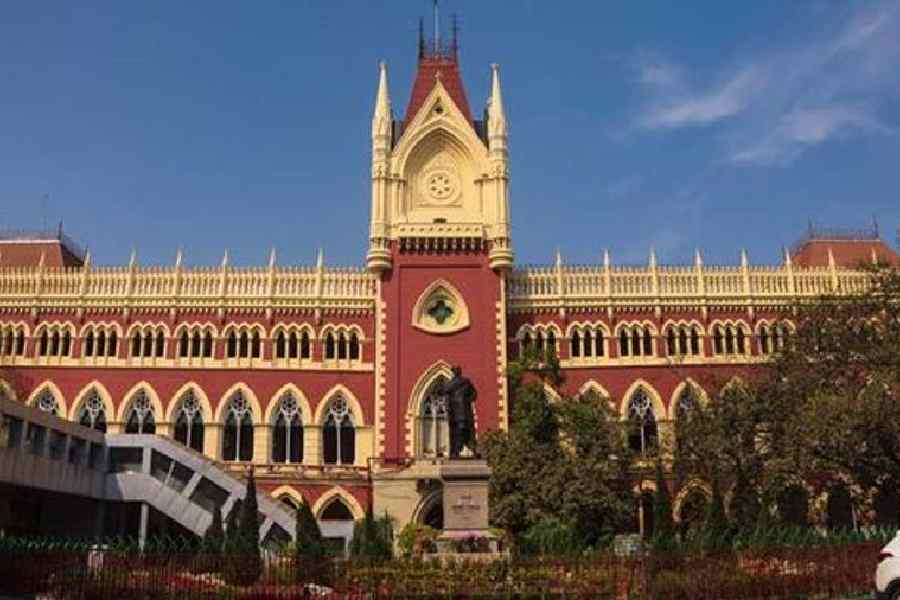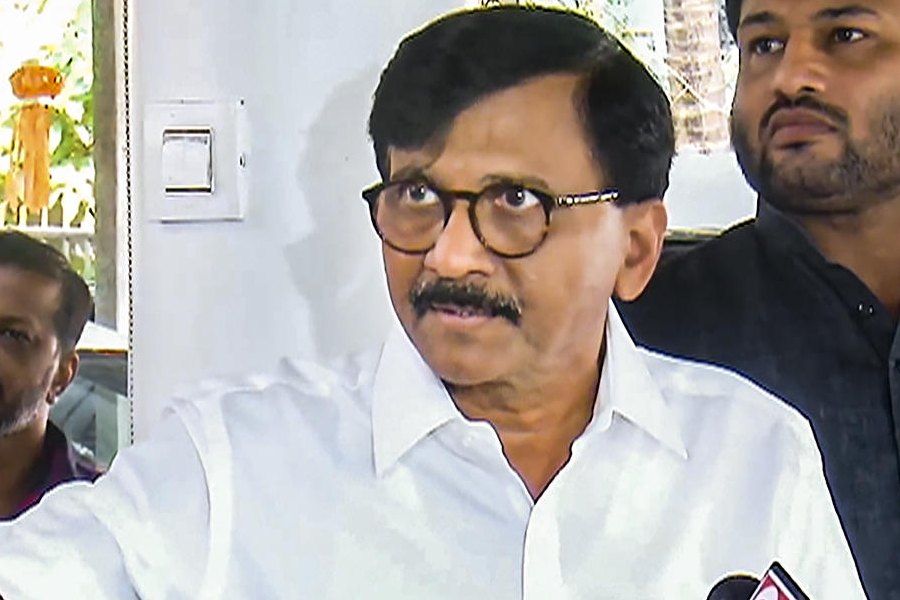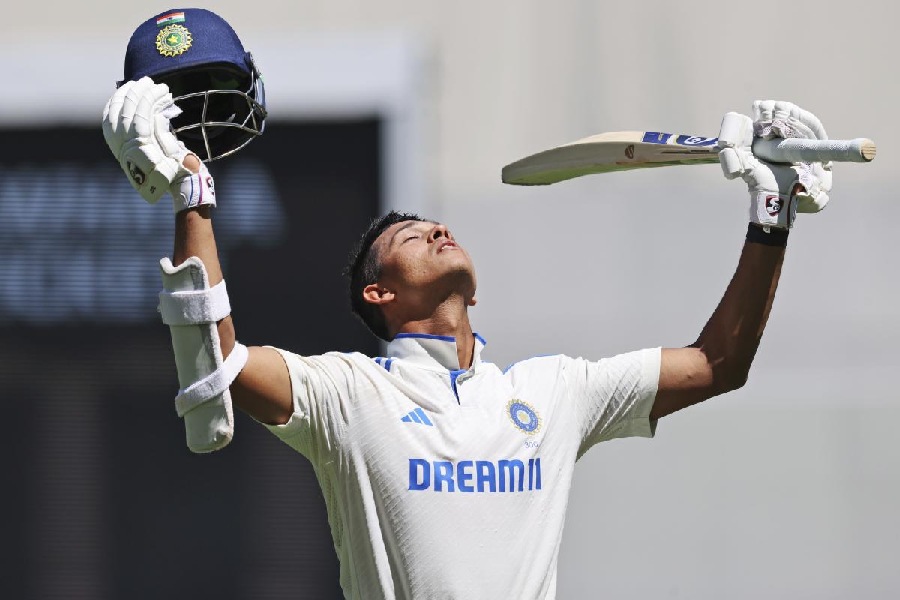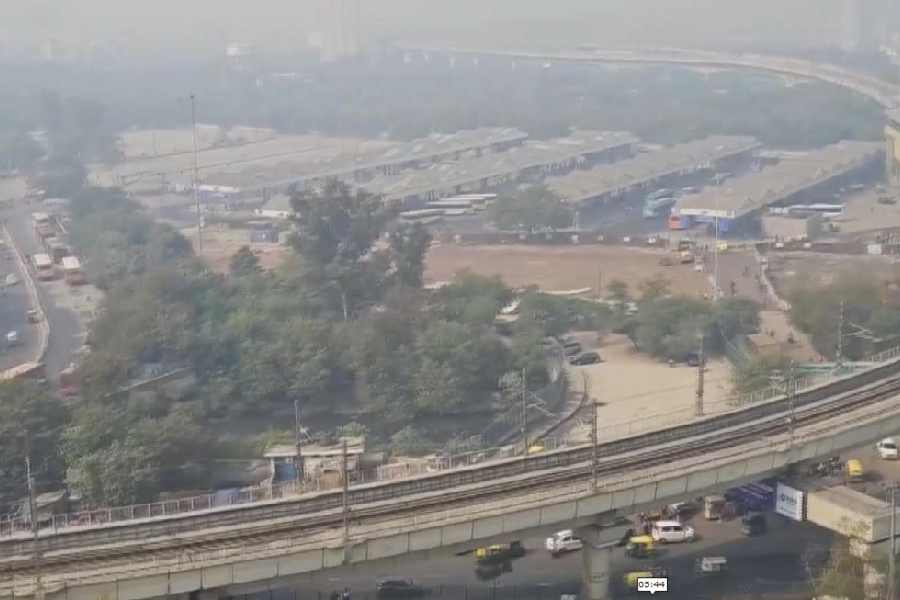Putting an end to speculations on whether the Bengal State Election Commission (SEC) would deploy Central Armed Police Forces (CAPF) inside polling station premises for the upcoming July 8 rural polls, the run up to which has already witnessed more than its fair share of bloodshed, the Calcutta High Court on Tuesday directed the poll panel to deploy central armed forces alongside their state counterparts in equal measure in each and every polling booths during the elections on Saturday.
The court directed that the state and central armed forces should be deployed in booths in 50:50 ratio given that the commission now has at its disposal almost an equal number of armed personnel from the central paramilitary and reserve forces and the state police to manage the polls.
Although implementing the order would mean breaking up sections of the forces into lower numbers of personnel per booth than the usual practice of not splitting them to less than four personnel, the bench felt it was necessary to do so since the existing situation on the ground was “extraordinary”.
Significantly, the court also directed that an officer in the Border Security Force of the rank of an IG would work as the ‘force coordinator’. The direction could be translated as an effective reduction of the commission’s authority on force deployment, lawyers opined.
The directions were passed by the division bench of Chief Justice TS Sivagnanam and Justice Hiranmay Bhattacharyya after the commission prayed before the court to pass an appropriate order on the formula for deployment of central and state forces based on the total number of available forces with the poll body. The bench was hearing a Public Interest Litigation on deployment of forces to reign in the political violence which has been reported with alarming consistency in various pockets of Bengal.
“Considering the extraordinary situation which led to issuance of direction for deployment of Central Forces, if there is a norm by the 3 Central Forces or by the Central Government with regard to the deployment, necessary relaxation can be made with regard to such number of personnel who are to be deployed to each of the polling stations. In other words, the Inspector General of BSF who has been appointed as Force Coordinator may issue appropriate directions so that the deployment of the Central Forces can cover all polling stations in the State,” the order stated.
The court further directed that central forces would remain deployed on the ground for the entire process of elections till the results are declared.
Interestingly, the commission’s stand before the High Court on Tuesday seemed twice removed from its initial position on deployment of central forces where it not only joined hands with the Bengal government and challenged the High Court’s previous order of pressing central forces to service for the polls before the Supreme Court, but had also requisitioned merely 22 companies of CAPF in the first stage and maintained that would be sufficient to ensure free, fair and violence-free polls in the state’s rural bodies.
It was only after a stringent High Court order that the commission relented and sought an additional 800 companies of CAPF from the home ministry which was eventually granted in phases.
With over 65,000 central and some 70,000 state armed police currently at the SEC’s disposal to man the 61,000-odd poll booths where voters would decide the fate of some 75,000 seats in three tiers of state panchayat, the commission turned to the court for their deployment formula. Late last week, the commission had issued an initial deployment circular to district authorities stating that the available central forces were to be used for area domination, naka checking, confidence building measures and manning international and inter-state check points without any mention of whether the poll body intended to use them inside polling stations of the day of the poll.
The 822 companies of CAPF pressed to service for the panchayat elections comprise personnel from the Central Reserve Police Force (CRPF), Border Security Force (BSF), Central Industrial Security Force (CISF), Indo-Tibetan Border Police (ITBP), Sashastra Seema Bal (SSB) and Railway Protection Force (RPF). With about 80 active armed personnel in each company, the 65,000-odd personnel would also match their state forces in number in forming quick response teams in the districts to handle possible eruption of violence, it was learnt.











